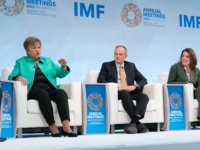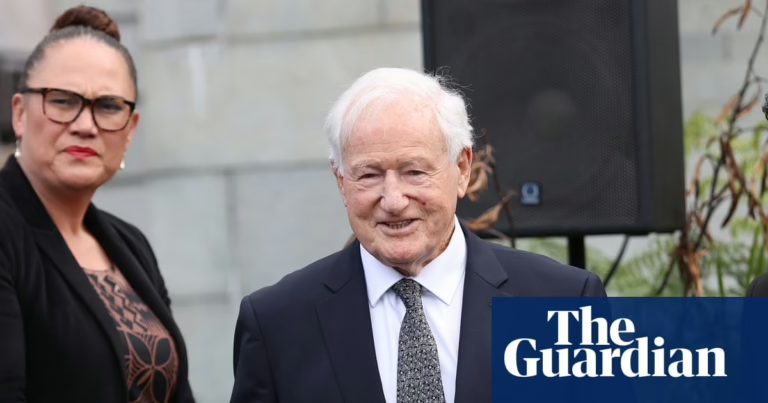Jim Bolger, the former prime minister of New Zealand renowned for his unwavering dedication to Māori reconciliation alongside his stringent welfare reductions and labour market deregulation, has passed away at the age of 90.
His family announced on Wednesday that Bolger died peacefully, surrounded by his wife Joan, their nine children, and 18 grandchildren. He had been battling kidney failure since last year and was receiving dialysis treatment.
Bolger, who led the National Party, held the office of prime minister from 1990 until 1997.
Leaders from various political backgrounds expressed their condolences, highlighting Bolger’s principled nature, relentless resolve, and genuine warmth toward others.
Prime Minister Christopher Luxon remarked, “To those who collaborated with him, he was a steadfast and principled partner. To his political rivals, he remained a respectful opponent who never let disagreements become personal.”
Labour leader Chris Hipkins described Bolger as “modest, committed, and passionate,” noting his later-life recognition of the growing disparities in wealth and social exclusion.
“He understood that the global concentration of wealth was unsustainable and that increasing marginalisation was driving societal divisions, which we could no longer ignore,” Hipkins added.
Bolger’s political journey began in 1972 when he entered parliament. He rose to lead the National Party in 1986 and became prime minister four years later. After retiring from politics in 1998, he served as New Zealand’s ambassador to the United States until 2002.
His tenure was marked by the controversial 1991 budget, famously dubbed the “mother of all budgets,” introduced by finance minister Ruth Richardson. This budget drastically slashed welfare and healthcare funding, sparking widespread public backlash and nearly costing his government the subsequent election.
Bolger championed privatisation initiatives and implemented labour market reforms that led to a significant decline in union membership.
In a 2017 interview with RNZ, Bolger distanced himself from neoliberal policies, criticizing their failure to foster broad economic growth and highlighting how the benefits were disproportionately enjoyed by a small elite.
One of his enduring contributions was the introduction of the mixed member proportional (MMP) electoral system, which remains New Zealand’s voting method today.
Bolger’s impact on treaty settlements-mechanisms established in 1975 to address breaches of the Treaty of Waitangi-has left a lasting imprint on the nation.
His administration finalized the first agreements between Māori iwi and the government, addressing the historical consequences of colonisation.
Reflecting on this process in his memoir, A View From the Top, Bolger wrote, “Perhaps influenced by my Irish roots, a heritage marked by centuries of oppression, I felt compelled to listen to the Māori narrative, engage with those seeking dialogue, and explore what reparations could be made.”
Tukoroirangi Morgan, chairperson of the Waikato Tainui iwi, praised Bolger’s transformative role in modernising reconciliation efforts, stating, “Jim reshaped the settlement framework to better reflect the evolving identity of Aotearoa-New Zealand.”
Green Party MP Teanau Tuiono emphasized Bolger’s steadfast belief in the Treaty of Waitangi, historical justice, and the shared duty to uphold its principles. “When questioned about treaty settlements, he simply said, ‘Because it is the right thing to do,'” Tuiono recalled.
A committed republican, Bolger declined a knighthood after his political career, instead being honored with New Zealand’s highest civilian accolade, the Order of New Zealand.
Contributions from Reuters and Agence France-Presse





















